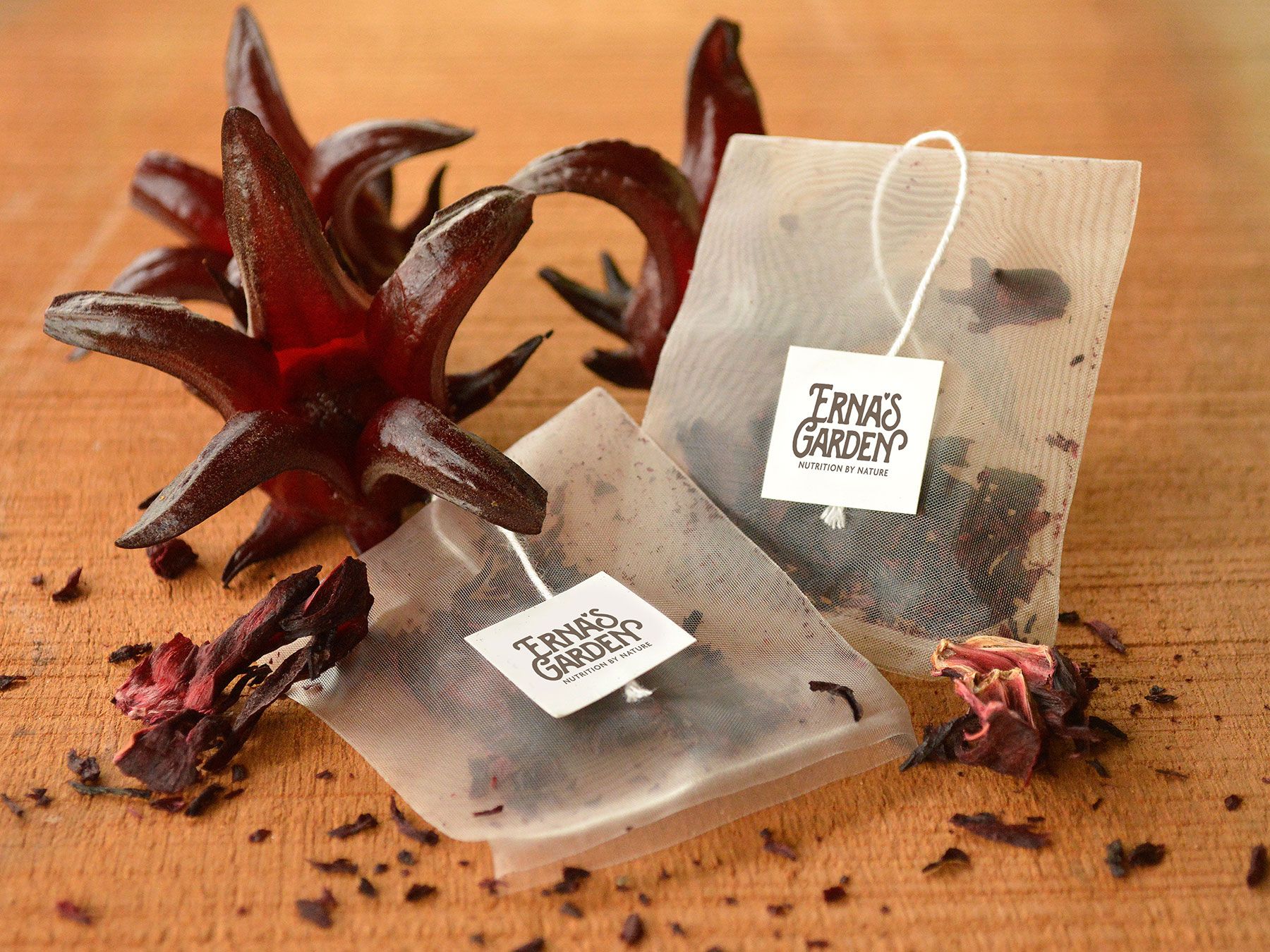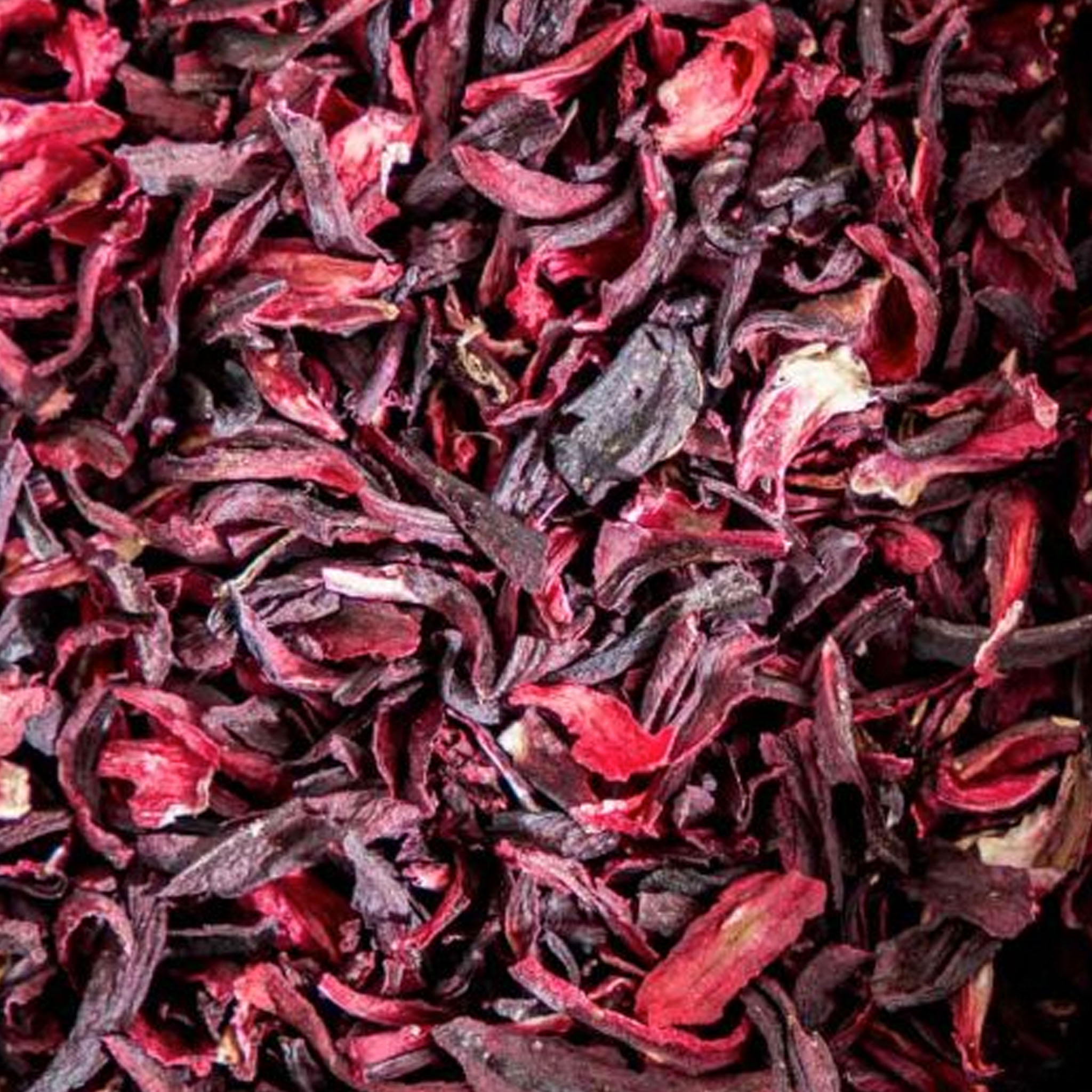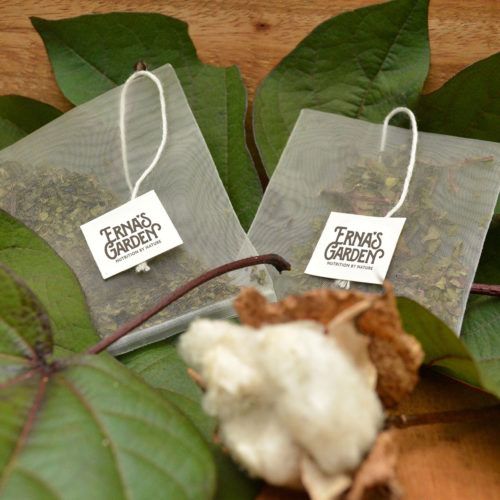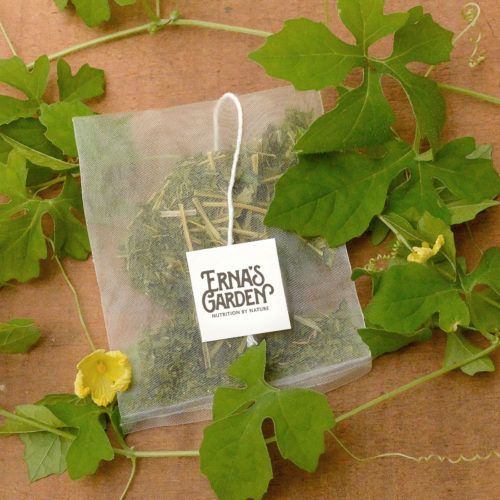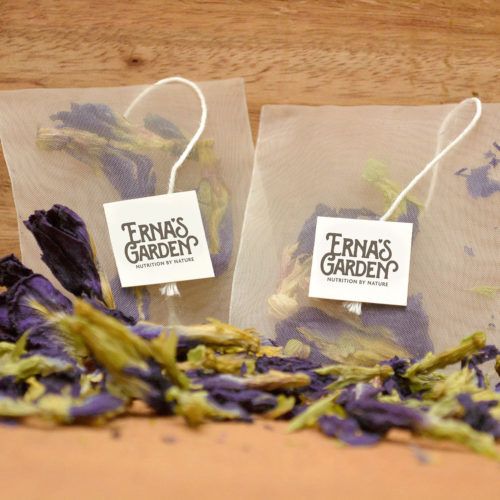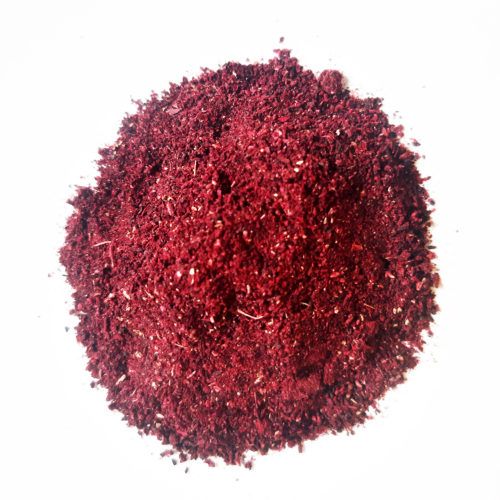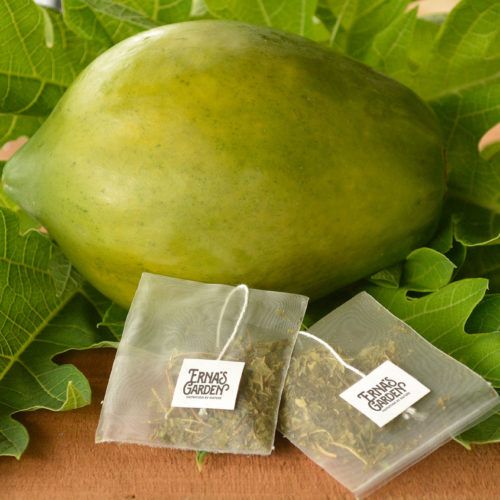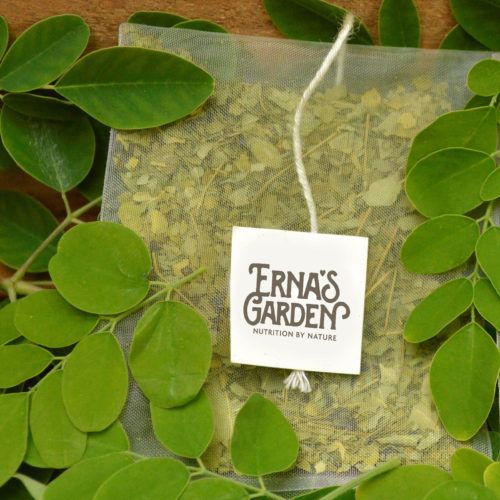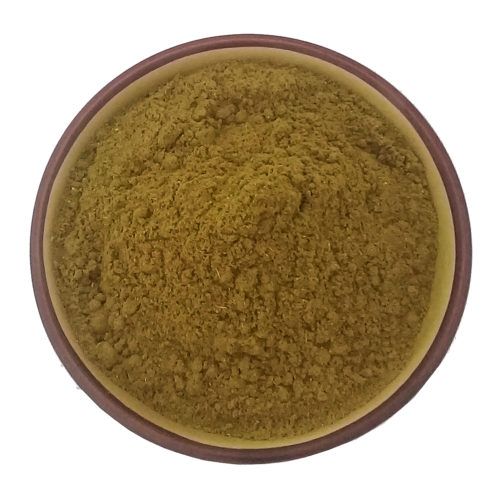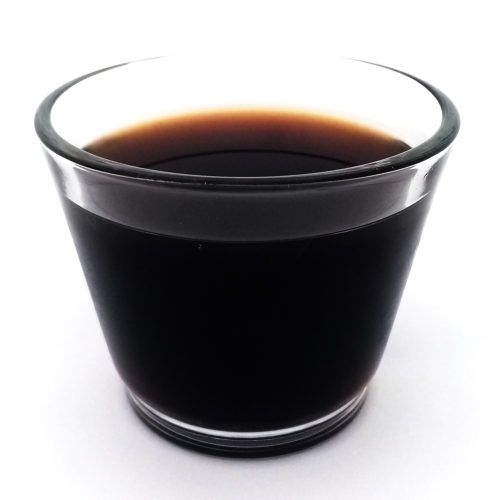Er zijn, maar liefst, 200 soorten Hibiscusbloemen (ook wel althaeastruik genoemd). De Hibiscus Sabdariffa ( Syuru, Roselle, Sorrel, Flor de Jamaica) is de soort waarvan thee wordt gemaakt. Deze wordt namelijk gecreëerd door de gedroogde rode trompetvormige kelkbladeren van de hibiscusbloem.
Hibiscus thee is een heel populaire drank onder mensen die waarde hechten aan een gezond(er) leven. De thee wordt zowel warm als koud gedronken en heeft een zoet-zure fruitsmaak. Hibiscus (syuru) is goed te combineren met andere smaken zoals citroengras, fruit of andere zoete smaken. Hierdoor creëer je een intense rijke smaak.
In herbal medicine, hibiscus has long been used for its healing properties on many levels. Hibiscus is very rich in vitamin C and is a powerful antioxidant.
Hibiscus (sorrel) tea has a diuretic effect, improves the flow of blood and helps to combat cardiovascular diseases, has a relaxing effect on the blood vessels and stimulates vasodilation. This has a relaxing effect on the blood vessels and stimulates vasodilation.
Verder staat Hibiscus bekend als drank die bloedstelpend werkt, de spijtvertering en de eetlust bevorderd, bestrijdt koorts, geeft verlichting bij keelpijn en kriebelhoest, helpt bij gewichtsverlies, wordt aanbevolen bij het voorkomen/inperken van aderverkalking (milde variant), maagproblemen en in het algemeen helpt hibiscus (thee) bij het versterken van het immuunsysteem.
Other benefits of hibiscus come from the presence of certain minerals, which help improve eyes and skin. Regular consumption of hibiscus helps reduce the risk of cystitis and constipation problems. Due to its composition, hibiscus also helps in preventing stomach aches, menstrual cramps, muscle cramps and spasms, among others.

